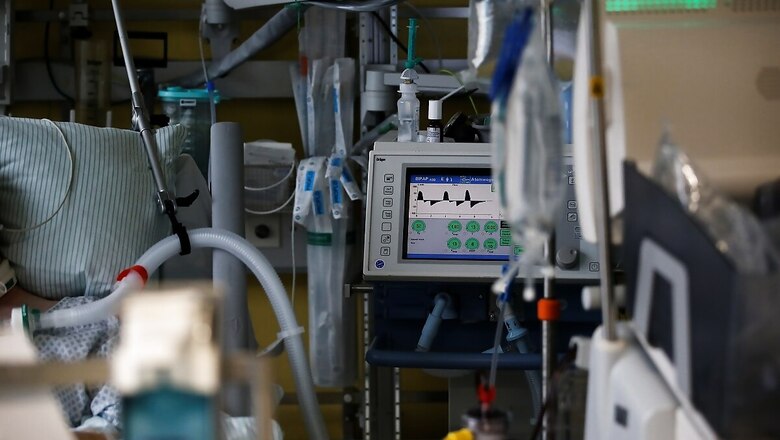
views
In today’s column, Dr Rajpal Singh, director – interventional cardiologist at Fortis Hospital in Bengaluru, talks about the risks of long-term heart damage and how severe cardiac complications can be after recovery from Covid-19.
In an interview with News18, Dr Singh said, “The Covid illness affects the heart, roughly about 20-25% in the acute phase. Contrary to the initial beliefs, there’s good evidence that it can have a prolonged and persistent effect on the heart in the recovery phase. This usually manifests in the form of cardiac failure, and cardiac arrhythmias, and sudden cardiac death. Also, the occurrence of arterial and venous thrombosis is noted.”
Dr Singh explained that patients might manifest symptoms of heart failure such as shortness of breath on exertion, being unable to lie down flat on the bed or swelling of legs. Also, they can present with chest pain, sudden onset of palpitations or collapse, or giddiness. If any of these symptoms are observed in recovering Covid patients, instead of ‘waiting it out’ or trying home remedies, it is essential to consult a medical practitioner immediately.
Also read: Decoding Long Covid: A Gastroenterologist Explains Why Acidity, Loss of Appetite Shouldn’t Be Ignored
“Monitoring of cardiac biomarkers, such as Troponin levels, ProBNP, and D-Dimers, coupled with ECG and echocardiographic analysis helps in identifying those at high risk of developing Post Covid Cardiac complications. In some cases, 24-48 ambulatory Holter monitor will be indicated,” said Dr Singh.
Studies and experts also claim that some people recovering from Covid-19 are also likely to have POTS (postural orthostatic tachycardia syndrome). POTS doesn’t directly affect the patient’s heart but can cause increased heart rate, which can further lead to brain fog and light-headedness.
“In terms of treatment, early use of blood thinners and anticoagulants may help in preventing and treating these sequelae. It’s essential that those experiencing such symptoms meet a trained Cardiologist who will be able to assess and treat them appropriately,” he added.
If someone already had inflammation during the recovery phase, post-recovery too, the inflammation might take a few days or even weeks to settle. Therefore, it is important for such patients to not stress or overt-exert their bodies. They should rest, stay hydrated, and eat healthily.
Read all the Latest News, Breaking News and Coronavirus News here.












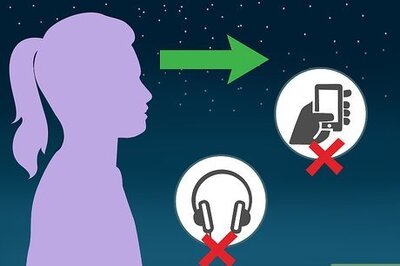


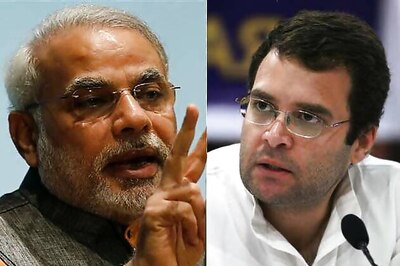


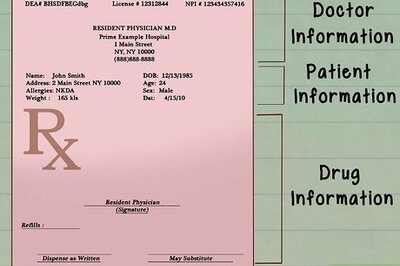
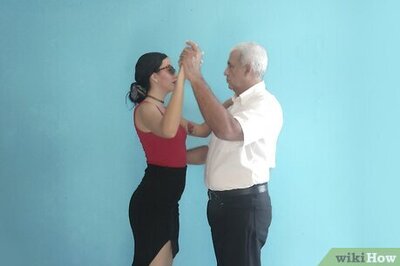
Comments
0 comment